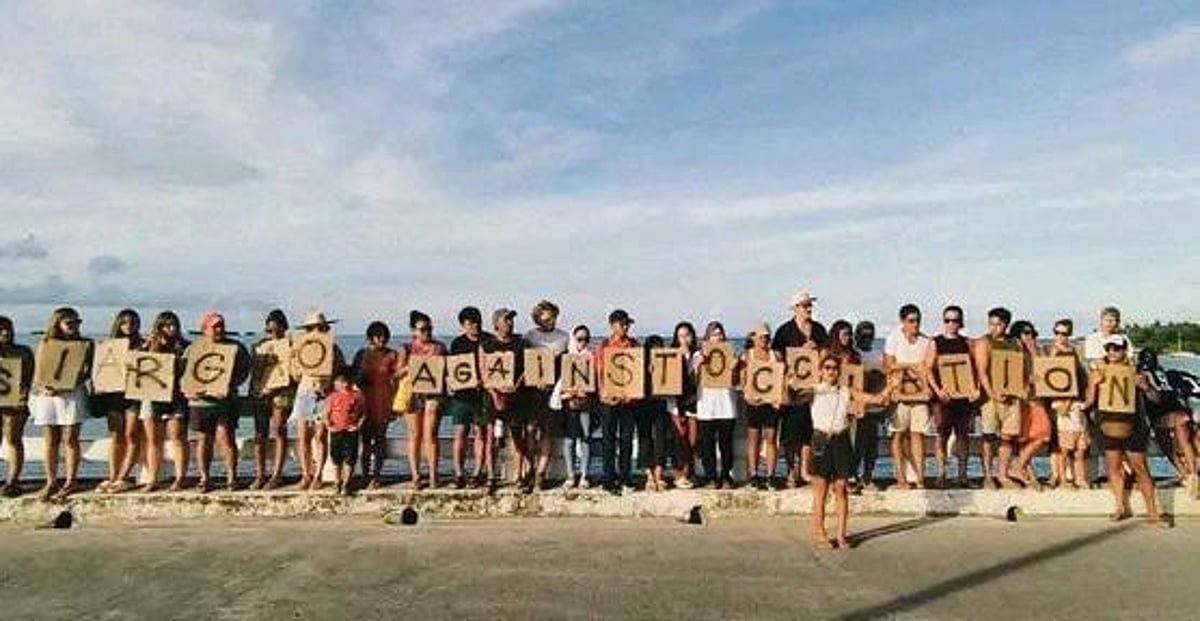Stronger partnership is needed to end child labor in the Philippines, a Dutch non-government organization supporting a European Union (EU) project on protecting children said.
The Terre des Hommes Netherlands (THN) cited as example the “Strengthening the Community-based Protection Systems to Eliminate Worst Forms of Child Labor (WFCL) in Visayas Region Project,” funded by the EU and implemented with Bidlisiw Foundation and Children’s Legal Bureau.
WFCL empowers communities, governments, and children themselves to take the lead in protecting young lives, according to THN.
“Together, we challenge harmful norms, strengthen child protection systems, and support families to break the cycle of hazardous child labor,” Anna Abelinde, Philippine country director of THN, said in a press release.
“We need to act together to make child labor — in particular the worst kinds — a thing of the past,” said Dr. Marco Gemmer, head of cooperation of EU Delegation to the Philippines.
Gemmer said the EU is currently working with the Philippine government on national budgeting initiatives with a focus on the well-being of children, and with civil society and the communities themselves.
Rise in cases
Child labor in the Philippines remains widespread, underscoring the urgent need to accelerate actions towards its complete eradication.
An estimated 1.09 million children aged 5 to 17 are working as of 2023, with half of them in the services sector, 43.7 percent in the agriculture sector, and 6.3 percent in the industry sector.
The Philippine Statistics Authority reported a rise in child labor cases in 2023, though this may even be more underestimated because of limited data and child profiling at the community, local and national levels.
Poverty remains one of the primary drivers of child labor. Insufficient resources and limited employment opportunities compel low-income families to rely on their children’s labor for survival.
Given the high cost of quality education in the country, children from impoverished households are discouraged from attending school and are instead forced into labor, thereby perpetuating a vicious cycle of low educational attainment and child labor across generations.
Social and cultural norms also fuel child labor. Filipino culture often equates a “good child” with one who helps earn for the family. Working children are valued for being independent, responsible, and industrious, thus normalizing the idea of children engaging in labor.
The Philippine government addresses the issue by implementing the Philippine Program Against Child Labor complemented by other government programs such as the Department of Labor and Employment’s Child Labor Prevention and Elimination Program and the Department of Social Welfare and Development’s Strategic Helpdesks for Information, Education, Livelihood and other Developmental Interventions or SHIELD Project.
Local governments are also stepping up.
The Iloilo City Government established the Iloilo City Council Against Child Labor in 2024 to lead the development of local plans, programs and activities.
Challenges
However, challenges persist. The lack of robust cross-sectoral coordination among programs and relevant agencies, coupled with overlapping functions, diminishes their potential impact.
Moreover, while national laws mandate comprehensive government-led child protection programing, significant formal child protection actors, such as the police and local social welfare and development offices, tend to focus on severe abuse cases. This highlights critical gaps in early detection and prevention, leaving vulnerable children unseen and unsupported.
Poor families, with no access to social protection, often see child labor as their only option.
THN said a comprehensive assessment and enhancement of existing laws and policies are crucial to effectively address the multifaceted nature of child labor.
Working with communities and local civil society organizations is equally vital for the early detection of cases and referral to concerned government agencies. Empowering these actors not only raises people’s awareness on child labor, but also fosters a culture of protection.
Collaborating with relevant government agencies and service providers is necessary to improve program coordination and streamline service delivery, and ensure that interventions are inclusive, gender-sensitive, child-friendly and responsive, THN said.










